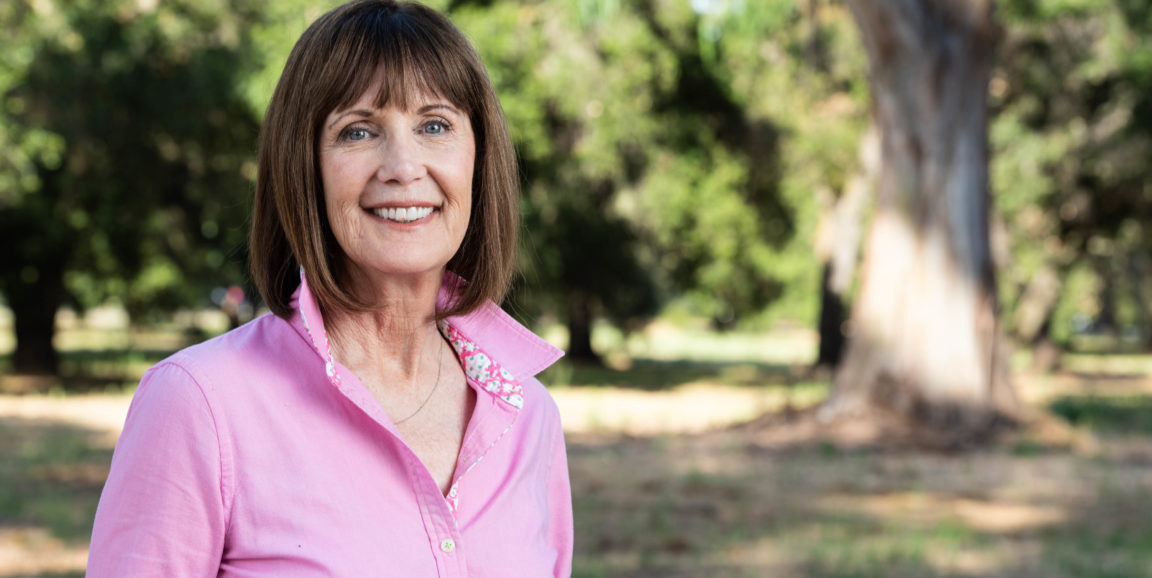When Deirdre Lehman, woke up on June 30, 2018, "a tsunami of darkness hit me," she said. Lehman, 60, had struggled with bipolar disorder all her adult life, but her mood had been stable for 15 years with the help of medications and psychotherapy.
"There was a constant chattering in my brain: It was my own voice talking about depression, agony, hopelessness," she told me. "I told my husband, 'I'm going down, and I'm heading toward suicide.' There seemed to be no other option."
Lehman's psychiatrist, who had heard about a study at Stanford for patients with severe depression, referred her to Nolan Williams, MD, assistant professor of psychiatry and behavioral sciences. About a week later, Lehman was at Stanford undergoing a new form of transcranial magnetic stimulation, in which electric currents from a magnetic coil placed on the scalp activate cells in the brain that have decreased activity in depression.
After one full day of treatment, Lehman's depression was gone.
As she said in my news release, "That was the most peace there's been in my brain since I was 16 and started down the path to bipolar disorder."
Of the 21 patients who participated in the study, Lehman and 18 others went into remission, for a success rate of 90%. That's about twice as effective as electroconvulsive therapy, thought to be the gold standard for treatment of depression. "No one expected these kinds of results," Williams said.
The research published this week in the American Journal of Psychiatry.
The researchers call their new treatment SAINT -- Stanford Accelerated Intelligent Neuromodulation Therapy. With SAINT, they made three improvements on transcranial magnetic stimulation: They accelerated the treatment, providing 10-minute sessions 10 times daily instead of once; they provided a stronger dose of electric current; and they targeted the treatment, using magnetic-resonance imaging of brain activity to locate a region in each participant's prefrontal cortex that's associated with depression.
All the participants in the study were severely depressed according to several diagnostic tests for depression, and they all had thoughts of suicide; medication, talk therapy and/or electroconvulsive therapy had not relieved their symptoms. Immediately after treatment, none had suicidal thoughts. The only side effects appeared to be fatigue and some discomfort during treatment.
A month after treatment, 60% of the participants remained free of depression. Eleanor Cole, PhD, a postdoctoral scholar and a lead author of the study, said that some patients may need to receive maintenance SAINT treatments. The researchers are conducting a larger double-blinded study to confirm their findings.
More than a year later, Lehman is still in remission. Recently, she completed her undergraduate degree, having dropped out of college decades ago when her symptoms overwhelmed her studies.
"I used to cry over the slightest thing," Lehman told me. "But when bad things happen now, I'm just resilient and stable. I'm in a much more peaceful state of mind, able to enjoy the positive things in life with the energy to get things done."
Photo of Deirdre Lehman by Steve Fisch




